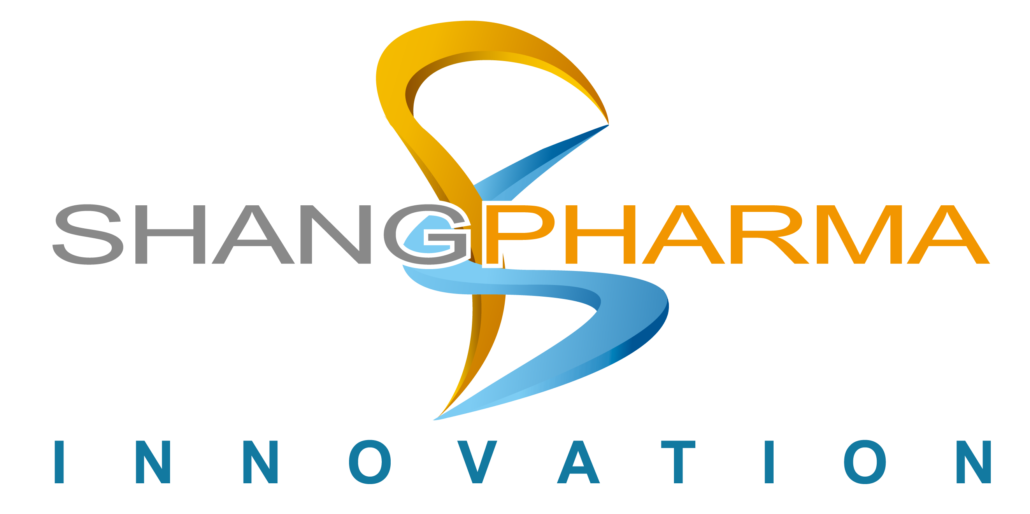For scientific founders, the familiar can be dangerous
By David Spellmeyer, Ph.D.
London can be a perilous place for me. Don’t get me wrong, London is a great city. I love it, visit it whenever possible, and love to photograph its beautiful cityscapes. However, on at least two occasions, I have been nearly taken out by a red double-decker bus.
It happens like this: I’m standing on the corner waiting to cross the street, blissfully enjoying the sights and sounds, when with no apparent warning a massive bus whooshes by, with its protruding mirrors literally inches from my head. I say “apparent warning” because I know there’s ample signage telling me to “look left” or “look right.” But these warnings never seem to stand out amidst the otherwise familiar surroundings.
The problem is London is just a tad too comfortable for me. My brain doesn’t always trigger alert for the unexpected—namely, buses speeding the “wrong” way down the street.
I see a similar phenomenon when working with academic scientists who are launching their first startup. Starting a life sciences company is a brave, bold act of creativity that some university scientists take on with great enthusiasm. Many of these companies are launched in the same labs where the founders have been advancing their science for a decade or more. That means they are at their most proficient and most productive. Once they make the move, life is deceptively different.
The environment and social structure looks and feels familiar. But when launching a commercial enterprise, the stakes are much different. Exiting the academic environment to stand on your own requires a shift in paradigm and retraining of your brain’s alert systems —and you can be sure there’s a big red bus with extended mirrors around every corner.
When ShangPharma Innovation is working with university-based scientific founders, we help them prepare for their massive transition from one ecosystem to another. Strong science is still at the core of everything they do, but now they also must focus on the soft skills needed to lead a multi-faceted business and reach critical development milestones.
Fortunately for scientific founders, the ecosystems that exist today to support entrepreneurship are incredibly robust, which wasn’t the case a few decades ago. Success, however, is still mostly dependent upon the founding team and how well it can make use of its resources.
ShangPharma Innovation’s mission is to support startups with promising early-stage science. We look for transformational healthcare ideas at leading research and medical centers, and then work closely with scientific founders to overcome some of the most common business hurdles. When you need to know exactly when and where to look for the big red buses, we can help.
David Spellmeyer, Ph.D., is a biotechnology executive with 25 years of broad experience in the life sciences industry. He is an executive-in-residence at ShangPharma Innovation. Read full bio
In my next blog post, I’ll be continuing this conversation by sharing some intriguing research on what makes a successful academic entrepreneur.
